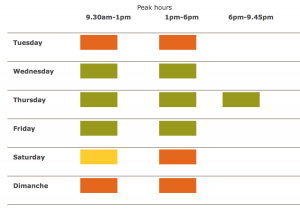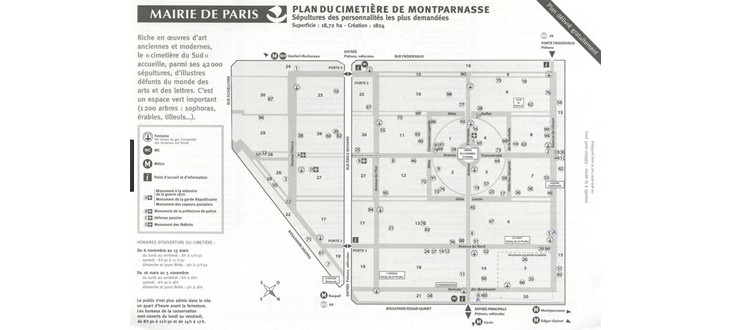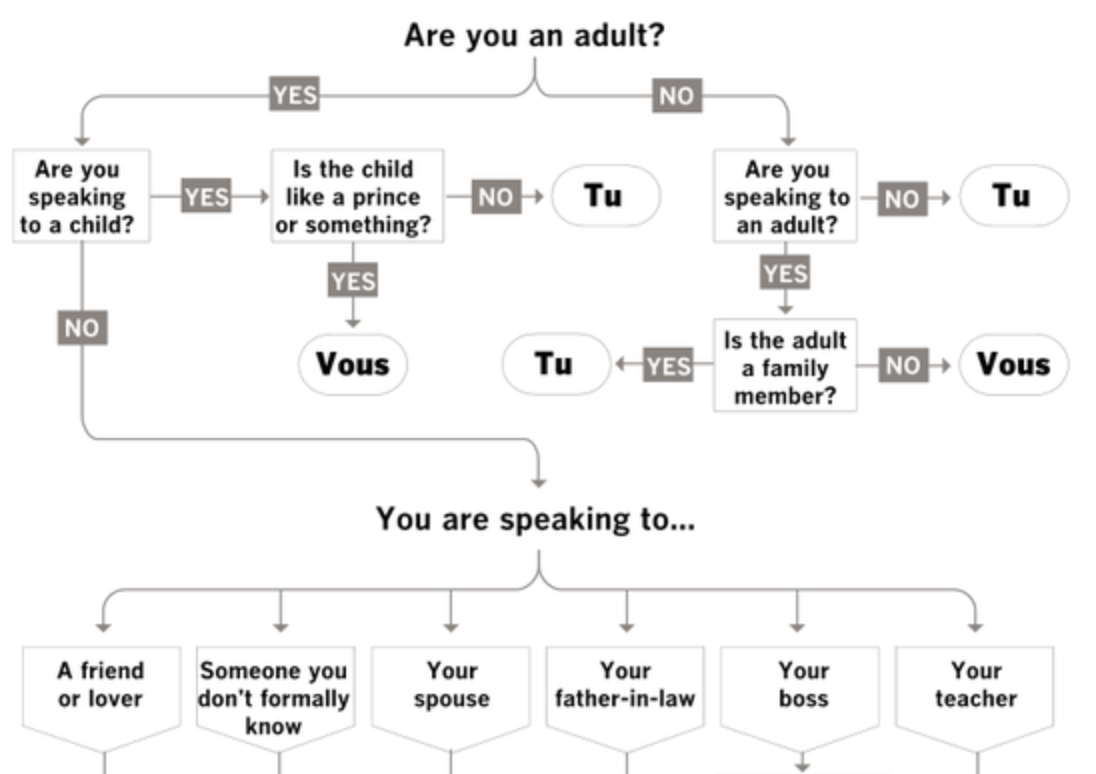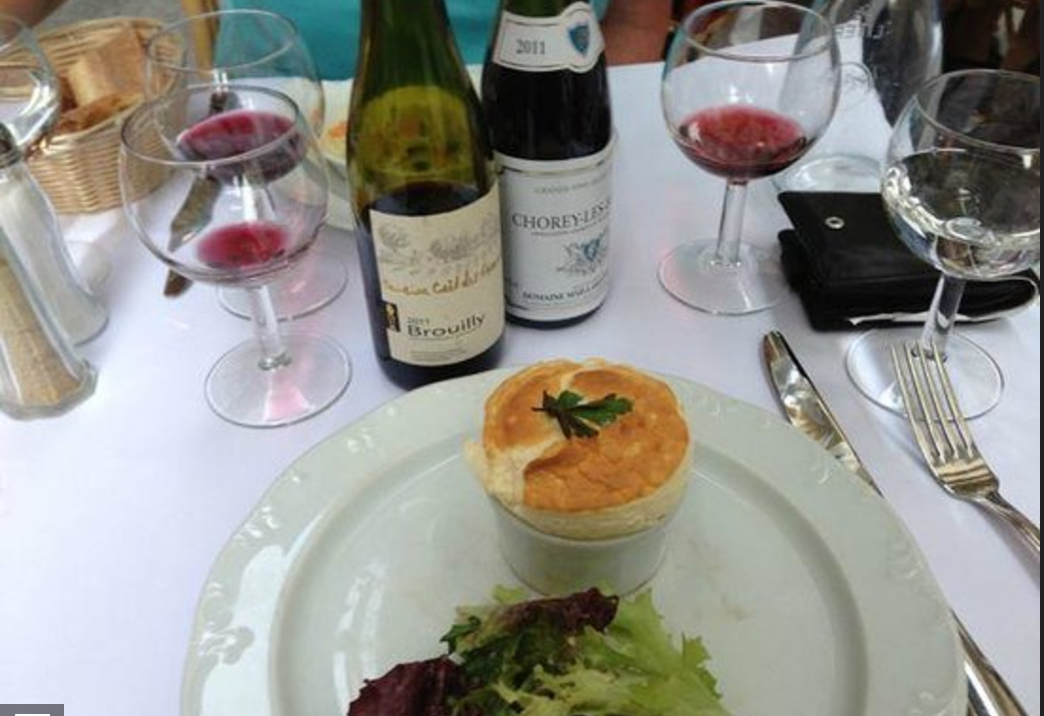While in France this year, I finally had to understand what it is and how it was used. The article below sums it up best. It means nothing, like the “alors,” “donc” and “bon ben” that confused us all as novice French speakers.
The informal French adverb du coup, pronounced “due coo,” is one of those little details of language that pop up everywhere, but leave people at a loss to explain. You’ll rarely see it taught in any French class, but if you eavesdrop on a conversation in France, you might hear it in every other sentence. Some French in France disdain it as a blight on correct conversation.
So what is it? Du coup and its cousin alors du coup are filler expressions, a little akin to the California Valley girl innovation of dropping “like” into every other sentence for no reason.
What Does ‘du Coup’ Mean?
Du coup literally means “of the blow,” but in use the meaning is akin to “sooo, like” or “you know.” French speakers opt for du coup and alors du coup because these expressions are cool at the moment. Trends, of course, tend to be cyclical and apparently it was part of the French working class lexicon before World War II as well, then disappeared, and for unknown reasons reappeared in the 2000s, spreading like a virus.
The other question I had was whether I should try to nonchalantly stick it in my spoken French. When I hear non-native English speakers I’m always sensitive to when they are just trying too hard to use American slang. In an unofficial poll I took on Quora, I’ve come to the conclusion that “du coup” is not something you can casually add to conversation unless or until you can easily throw it in without thinking. For many, the juxtaposition of the “u” and “oo” sounds are just too hard to master.
What scares me more, however, is using it in a way that seems at all natural. As a non-native French speaker, sometimes it feels hard enough to get my point across without the added complexity of sticking in other meaningless words and phrases.
Source: ‘Du coup’: a Ubiquitous French Adverb That Fills Space






